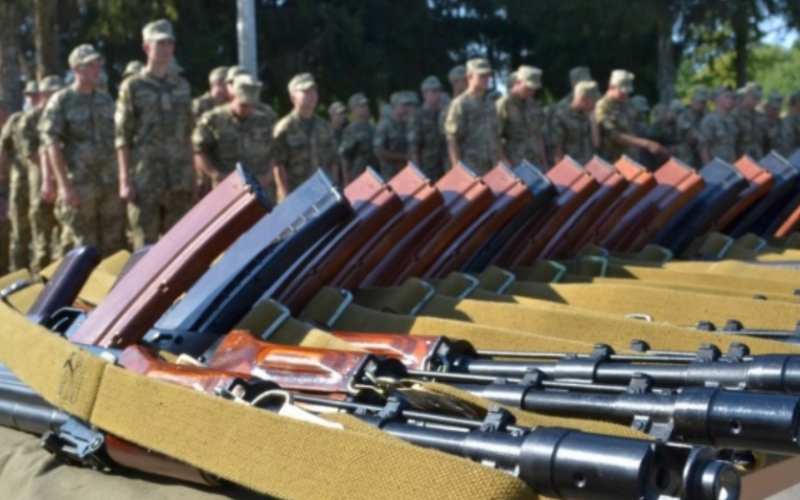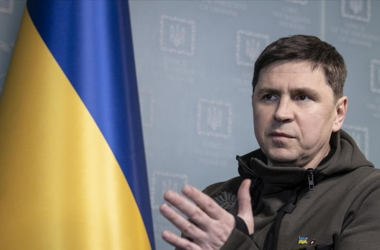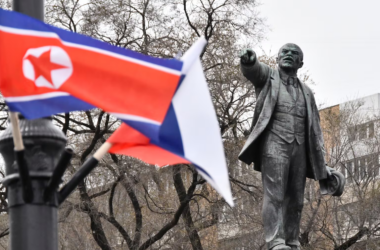Ukraine faces a significant challenge in its conscription system, grappling with issues that extend beyond mere numbers and delve into the quality of troops being drafted and the equitable distribution of the burden across society. As the nation navigates complex geopolitical realities and contends with ongoing security concerns, the deficiencies in its draft system become increasingly apparent, raising questions about its effectiveness in providing the necessary manpower for front-line combat.
One glaring concern revolves around the sheer quantity of troops being produced by Ukraine’s conscription system. In a landscape where geopolitical tensions persist, having an adequate and well-trained military force is paramount. However, reports indicate that the current draft system is falling short in meeting the demand for troops on the front lines. This raises concerns about the nation’s ability to effectively respond to security challenges and underscores the urgency for a comprehensive assessment and reform of the conscription process.
Beyond the numerical inadequacies, the issue of troop quality emerges as a critical factor influencing the effectiveness of Ukraine’s military. Front-line combat demands not only numbers but also well-trained, skilled, and motivated soldiers. The conscription system must not only focus on quantity but also prioritize the quality of training and preparation provided to the drafted individuals. Addressing this aspect is vital to ensure that Ukraine’s military forces are not only numerically robust but also capable of meeting the complex challenges of modern warfare.
Equally pressing is the question of societal equity in shouldering the burden of military service. A conscription system should ideally distribute the responsibility of serving in the military fairly across all segments of society. However, reports suggest that certain demographics may be disproportionately burdened while others escape the call to service. Achieving a more equitable distribution of the conscription burden is crucial for fostering a sense of shared responsibility and national unity, particularly in times of heightened security concerns.
To address these multifaceted challenges, it is imperative for Ukraine to undertake a comprehensive review of its conscription system. Reforms should be aimed at not only increasing the quantity of troops but also enhancing the quality of training and ensuring a fair and equitable distribution of the conscription burden. This may involve implementing targeted initiatives to improve training programs, addressing demographic disparities in conscription rates, and fostering a sense of national duty and pride in military service.
Furthermore, leveraging technological advancements and modernizing recruitment processes can contribute to a more efficient and effective conscription system. Embracing innovations in training methodologies, incorporating digital tools for candidate assessments, and streamlining administrative processes can collectively enhance the overall efficacy of Ukraine’s draft system.
In conclusion, Ukraine’s conscription system is facing formidable challenges that extend beyond numerical quotas. A holistic approach is required to address deficiencies in quantity, quality, and societal equity within the draft system. As the nation navigates its geopolitical landscape and contends with security threats, a robust and equitable conscription system is indispensable for fortifying the nation’s defense capabilities and fostering a sense of shared responsibility among its citizens. The road ahead necessitates strategic reforms that align with the evolving dynamics of modern warfare and uphold the principles of fairness and inclusivity in military service.








